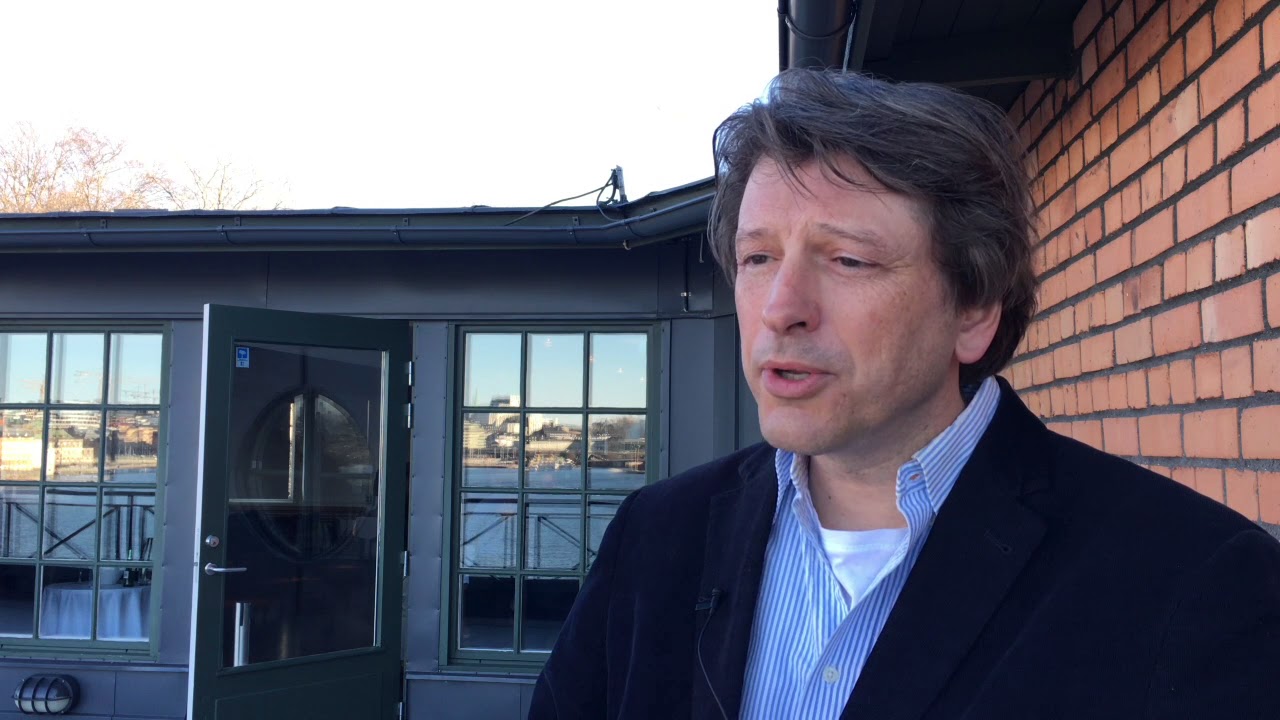30 Nov 2024

Alexander Verbeek
Founder Institute for Planetary Security
River Cleaning, a solution developed by the Italian firm Mold S.r.l., receives Friend of the Sea sustainability certification for its efforts to free the ocean from plastic pollution.

There is an answer to the urgent ocean pollution crisis, and it is not in the ocean but in the rivers. 80% of plastic waste in the sea comes from rivers. This finding led the Italian company Mold to conceive a sustainable solution to remove the plastic and oily waste directly from the watercourse. This is how the River Cleaning Plastic & Oil project was born.
River Cleaning Plastic & Oil works 24 hours a day, seven days a week, intercepting floating waste on the river course. Buoy-like modules form a diagonal barrier along the river, filtering the debris and directing them to a collection point on the bank. The floating buoy modules have specific characteristics according to waste, whether plastic, oil, or industrial waste, and can intercept up to 85% of floating garbage.
An entirely self-powered solution with no environmental impact, River Cleaning achieved the Friend of the Sea sustainability certification after demonstrating that the system preserves the aquatic environment while respecting the well-being of native species. The recognition granted by Friend of the Sea, the preeminent international certification for products and services that respect and protect the marine environment, is a first for this type of product.
The system is designed to offer a standardized solution to different waterways, both in terms of width and depth. Mold’s River Cleaning technology is unique compared to conventional techniques as it does not interfere with inland navigation. The passage of vessels is always allowed.
River Cleaning uses an independent power source, harnessing the water's current to generate renewable energy with zero impact. Targeting the waterways is a much more effective and sustainable solution than recovering waste from the sea, which has higher energy costs and lower results. Additionally, around 95% of garbage sinks when reaching the ocean.
Recovering waste from rivers also proves to be a better way to recycle, as recovered material from the sea usually is highly corroded, substantially reducing the possibility of recycling.
“It is estimated that there are currently about 150,000 tonnes of plastic floating in the sea,” said Paolo Bray, Founder and Director of Friend of the Sea. "This is an enormous problem that needs to be tackled with new perspectives and updated tools. Just like Mold has done with RiverCleaning".
"For us, the Friend of the Sea certification is a starting point towards an ever-increasing dialogue with partners who share our vision, who can help us make our voice heard and be more present in the area through a relationship of mutual growth. Together, many drops can make an ocean. Possibly without plastic." said Vanni Covolo, CEO of Mold S.r.l.
Comment
Reply